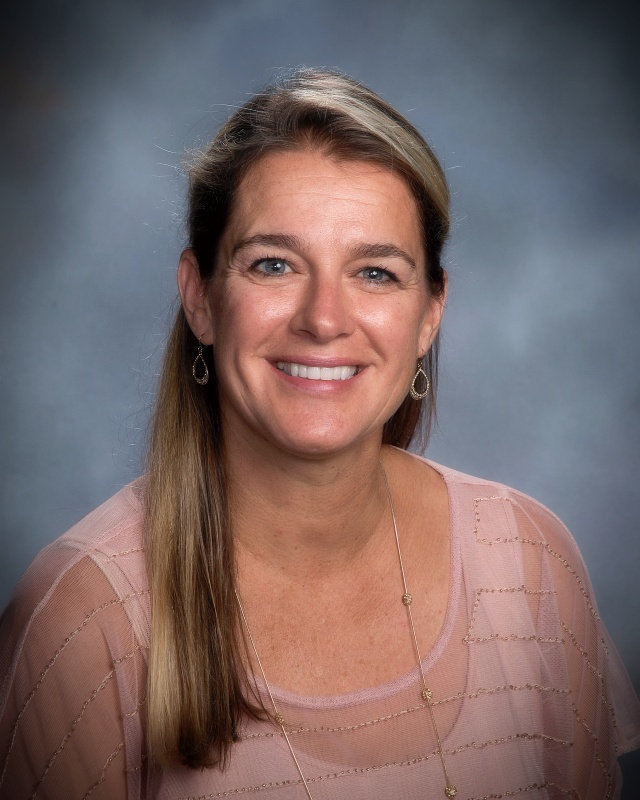Humans of RV: Mrs. Dearden
The counselor puts on a name on a feeling many RV students are experiencing this winter
March 3, 2021
The Humans of RV project is a weekly column based off of Brandon Stanton’s seminal “Humans of New York” project, which seeks to “catalogue the city’s inhabitants” through photography and brief interviews. RV seeks to expand on this project with our own “cataloguing” of RV students and an examination into all the unique perspectives here at school.
Note: this transcript has been edited and condensed for publication purposes.
In the simplest terms, Seasonal Affective Disorder is a mental health disorder that affects people when the change of seasons occurs. It usually kicks in at the start of the fall and winter when many people are genuinely affected by the illness. Some may not know they have it and are unable to explain their emotions. People go into a depression and experience symptoms just because they are missing a particular environment. With daylight savings time and the days becoming shorter and darker, people are less likely to go out. It makes them feel down, lethargic, and depressed. Now with COVID-19, I can only imagine it’s significantly become magnified.
I know family, students and colleagues who suffer from it. In the winter, I always try to put more lights on, open the shades and get outside to avoid being in the dark.
I don’t think many people know they suffer from it, but when you take the time to explain what this is, they can put a name to their inexplicable feelings. When students at RV face seasonal depression, I try my hardest to research tips and anything to help them feel healthy. With any illness, especially mental health, be your best self in terms of eating right, getting enough sleep and staying connected to people. Taking a step further, it’s great to wake up early to absorb and experience as much sunlight as you can. Try and enjoy the little things first…exercising, coloring, listening to music, anything that can lift your mood. If you feel as though nothing is working for you, always reach out. Help is always available from counselors and your doctors.
It’s essential to get help when needed and see that there’s always a light at the end of the tunnel.






